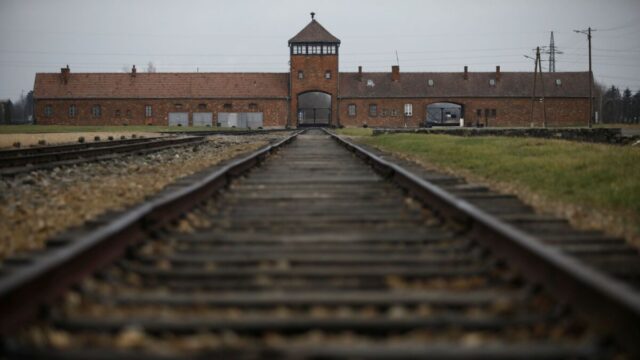In part II of this series on Informed Consent, we can examine scenarios to determine how it can be that we are now living in Auschwitz.
Somewhere along the way, entities and certain individuals determined many things could be done without obtaining informed consent IF it could be done through government permission, government sanction/edict, or without the people’s knowledge. When the people did not vehemently oppose government interference or government allowed certain “violations” to take place, the assumption became that informed consent was not needed nor necessary. For companies committing acts without the people’s knowledge, such as BD releasing ethylene oxide into the atmosphere in small towns, it was the old adage, “what the people don’t know, won’t hurt them.” Unfortunately, it is not the case (Hosea 4:6). As we have discovered over the years, what people don’t know can hurt them and damage is done that cannot be rectified. To this end, companies view lawsuits and penalties for harm caused as “the cost of doing business.” It goes along with “it is better to ask forgiveness than to ask permission.”
Everyone should be familiar with what happened in Auschwitz – horrible medical experiments conducted upon the imprisoned, murder of individuals because of ethnicity, starvation, and other atrocities that are rarely mentioned. It is hard to believe the people of Germany did not know that people were being murdered and incinerated when the ashes of those incinerated were raining down on them from the chimneys of the ovens. One could say they held the opinion that if government sanctioned the acts, it was acceptable. It could have been that the opinion was “it was the cost of doing business” in order to achieve the misplaced ideological goal of a “pure race”. Or, maybe it was the “better to ask forgiveness than permission” mantra. Then, again, it could have been a matter of coercion and threat of punitive consequences that garnered the silence of the people. In any circumstance, informed consent was not obtained of the people to commit such acts in their name by their government and informed consent to participate in “experiments” was denied those who were imprisoned.
Fast forward to today. We the People of the united States of America gave informed consent for representative government to do only a limited number of actions, which are found in our Constitution, Article I, Section 8. All else being done, even with representation, outside of Article I, Section 8, is done without the “consent of the governed”. Regardless of the mantra, “silence is consent”, if the people are not informed of an action properly, silence cannot be considered consent. In this context, think of chemtrails, harmful food additives, etc. It goes along the lines of “what the people don’t know won’t hurt them”. As has been demonstrated throughout history, what you don’t know can definitely hurt you. It also reeks of “better to ask forgiveness than permission” and “it’s the cost of doing business” when caught.
Read Full Article Here…(thewashingtonstandard.com)
Home | Caravan to Midnight (zutalk.com)
Live Stream + Chat (zutalk.com)






Be First to Comment